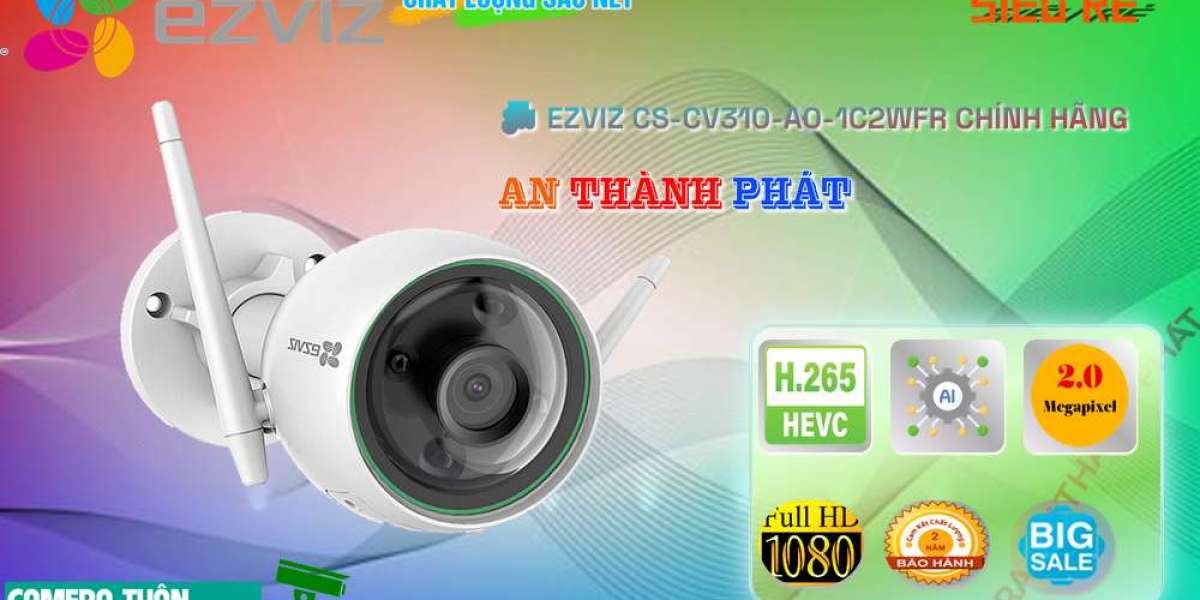What is a Salt Spray Chamber?
A Salt Spray Chamber is a controlled environment designed to accelerate the corrosion process by exposing samples to a fine mist of salt solution. This testing simulates years of environmental exposure in a matter of hours or days. The chambers are equipped with automated controls to regulate temperature, humidity, and salt concentration, providing standardized testing conditions.
How Does a Salt Spray Chamber Work?
· Preparation of Test Samples: Samples are cleaned and mounted inside the chamber on specialized racks.
· Preparation of Salt Solution: A saline solution, typically sodium chloride (NaCl), is prepared according to specific test standards like ASTM B117.
· Spraying Mechanism: The saline solution is atomized using compressed air, creating a fine mist that is uniformly sprayed inside the chamber.
· Controlled Environment: The chamber maintains a constant temperature (usually around 35°C) and humidity level.
· Test Duration: Depending on the material and testing requirements, the exposure period can range from a few hours to several weeks.
Key Features of Pacorr Salt Spray Chambers
· Uniform Salt Fog Distribution: Ensures consistent exposure for accurate results.
· Precise Temperature Control: Allows for reliable simulation of different environmental conditions.
· Corrosion-Resistant Construction: Built to withstand prolonged use of corrosive salts.
· Automatic Control Systems: Simplifies operation with programmable testing parameters.
Applications of Salt Spray Chamber
· Automotive Industry: Evaluating the corrosion resistance of vehicle components such as body panels, fasteners, and exhaust systems.
· Electronics: Testing the durability of circuit boards and electronic enclosures against moisture and salt exposure.
· Aerospace: Ensuring the longevity of aircraft parts subjected to high-altitude atmospheric conditions.
· Construction Materials: Assessing the weather resistance of coatings, paints, and metal structures.
· Marine Equipment: Evaluating the performance of equipment used in saltwater environments.
How Pacorr Salt Spray Chambers Stand Out
· Compliance with International Standards: Our chambers are designed to meet ASTM B117, ISO 9227, and other leading standards.
· Customizable Solutions: We offer tailored solutions to meet specific testing requirements of various industries.
· Durability and Reliability: Made with premium materials and advanced engineering, ensuring accurate testing for years to come.
· Comprehensive Support: Our team provides full support from installation to routine maintenance and calibration.
Benefits of Salt Spray Chamber
Quality Assurance: Identifies potential weaknesses in coatings and materials before mass production.
· Product Development: Enables manufacturers to improve the corrosion resistance of their products.
· Regulatory Compliance: Helps companies meet industry standards for corrosion resistance.
· Cost Efficiency: Prevents expensive recalls and warranty claims by detecting corrosion early.
Importance of Salt Spray Chamber
· Quality Assurance: Identifies potential weaknesses in coatings and materials before products reach customers.
· Product Development: Assists manufacturers in developing more durable and corrosion-resistant products.
· Regulatory Compliance: Helps companies meet international standards for product safety and performance.
· Cost Efficiency: Prevents costly product recalls and warranty claims by catching issues early.
FAQ: Salt Spray Chambers
1. What is the purpose of Salt Spray Chamber?
Salt Spray Chamber simulates the effects of corrosive environments on products, allowing manufacturers to assess the corrosion resistance of their materials and improve their durability.
2. Which standards should a Salt Spray Chamber comply with?
A Salt Spray Chamber should comply with:
ASTM B117 - Standard Practice for Operating Salt Spray (Fog) Apparatus
ISO 9227 - Corrosion Tests in Artificial Atmospheres - Salt Spray Chamber
JIS Z 2371 - Japanese Industrial Standard for Salt Spray Chamber
3. How long should a Salt Spray Chamber run?
The duration of a Salt Spray Chamber depends on the material being tested and the desired level of corrosion acceleration. It can range from a few hours to several weeks.
4. What materials can be tested in a Salt Spray Chamber?
Commonly tested materials include metals (steel, aluminum, copper), coatings (paints, galvanized layers), and electronic components.
5. How often should a Salt Spray Chamber be calibrated?
For accurate results, it's best to calibrate the chamber annually and follow regular maintenance procedures.
6. Can the salt concentration be adjusted?
Yes, the salt concentration can be adjusted based on the specific requirements of the testing standards being followed.
7. What industries benefit the most from Salt Spray Chamber?
Industries that benefit the most include:
Automotive
Aerospace
Marine
Electronics
Construction Materials
8. How can Pacorr help with Salt Spray Chamber needs?
At Pacorr Testing Instruments, we provide state-of-the-art Salt Spray Chamber with customizable features to meet your unique testing requirements. We also offer comprehensive support, from installation to maintenance and calibration.
Conclusion
Salt Spray Chamber play a crucial role in ensuring the corrosion resistance of products and materials across multiple industries. At Pacorr Testing Instruments, our Salt Spray Chamber are designed to offer precision, reliability, and compliance, helping you guarantee the quality and longevity of your products.
Contact Pacorr
Explore our range of Salt Spray Chamber and other corrosion testing solutions at pacorr.com. For personalized assistance, reach out to our team of experts today.








